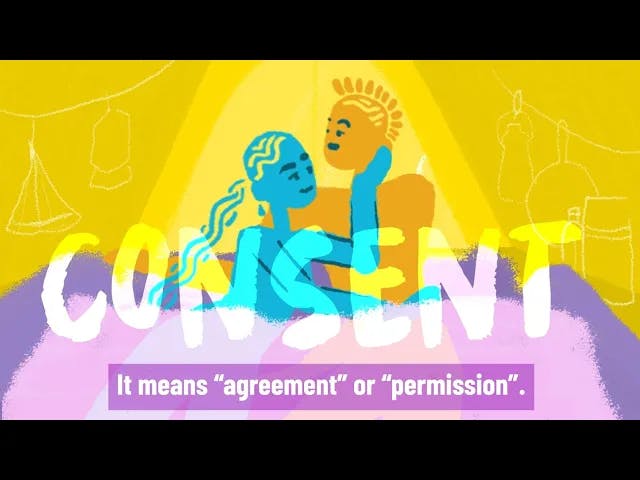UN Women defines rape as: “Any non-consensual vaginal, anal or oral penetration of a sexual nature of the body of another person with any bodily part or object, including through the use of physical violence and by putting the victim in a situation where they cannot say no or they have to comply because of fear. This can be by any person known or unknown to the survivor, within marriage and relationships, and during armed conflict.”
Rape and sexual assault are illegal and are acts of physical, psychological and emotional violation inflicted on someone without their consent.
Not all cases of sexual assault involve violence, cause physical injury or leave visible marks. Unless both people have made it absolutely clear to the other person that they want to have sex – then you can’t be sure it is consensual.
Sexual assault can cause severe distress, emotional harm and injuries which can't be seen – all of which can take a long time to recover from. To keep each other safe, it is important we all practice asking for consent every time.
For children under the age of consent it doesn’t matter if they agree to the sex, it will always be illegal to have sex with them. In other words, it is rape. The age of consent differs per country, for example the age of consent in South Africa is 16 and in Ethiopia it is 18.
Please see the in detail tab for more on what to do if you’ve been raped.


